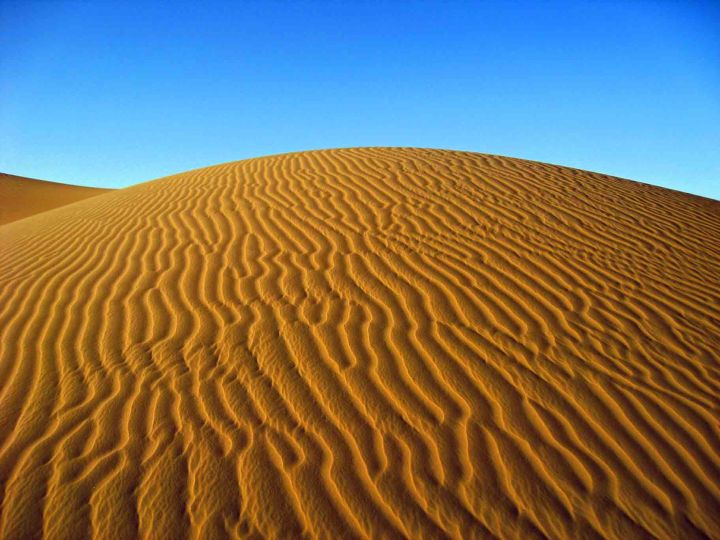
Gulf countries are not just desert and oil. Two years in Saudi Arabia, two in the United Arab Emirates (UAE), one in Egypt and 11 in Oman, total 16 years. How did I change? Attitudes towards clothing, money, health, food, socializing, and religion.
First, clothing.
Nowadays I prefer the comfort of loose clothing, mandatory in Arabia. It allows air to flow between skin, cloth and the outside heat while being modest. Jeans were too hot. Westerners insulting Arabs as ‘ragheads’ should look in the mirror: Baseball caps and hoodies.
 Payday in Saudi Arabia (1984-1986) – cash. Then I wired it home to my sister who then put it into my bank account. Before computers, life was more difficult.King Fahad is on the money.
Payday in Saudi Arabia (1984-1986) – cash. Then I wired it home to my sister who then put it into my bank account. Before computers, life was more difficult.King Fahad is on the money.
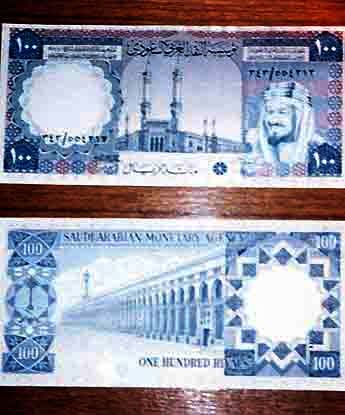
King Abdulaziz, whose granddaughter gave me Saudi champagne, is on the older money. Notice the back is in English. Egyptian money is also bi-lingual.
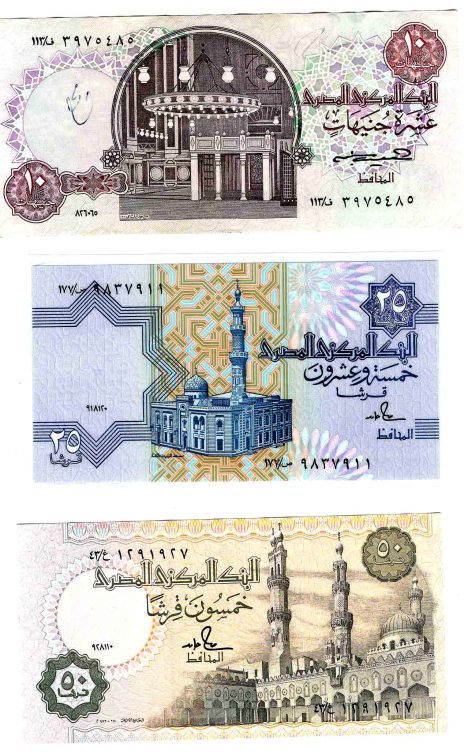
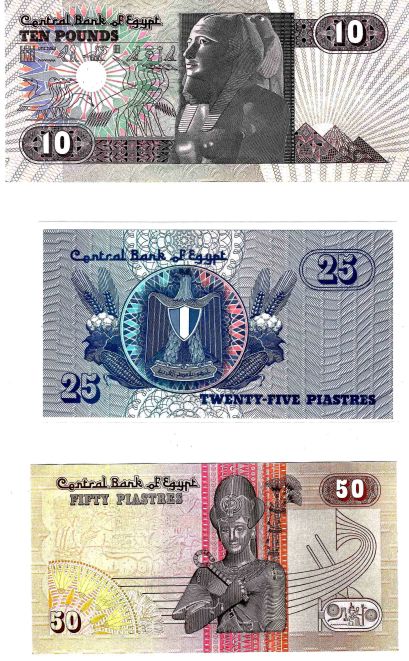
Second, money.
Sixty-days paid vacations provided intensive French lessons on the Riviera. I wore gold rings, necklaces, and earrings. I bought Persian and Turkish rugs while I enriched my pension. With housing and plane tickets home once a year included, my salary ran from $24,000 to $36,000 per year. Visiting Paris, flying internationally, buying new cars in Oman – all were dreams fulfilled.


Paper money in the Gulf was always both in English and Arabic since the Gulf employs so many foreigners, and does business in English
Third, health.
Saudi Arabia gave me a free hysterectomy and breast reduction. In Oman, I lay in a thin cotton hospital gown on a cold, steel bed to have my gall bladder removed, paid by government insurance. However, my last year in Oman, I worked at a private university. An ‘American-trained’ insurance agent judged my need for cataract surgery as a pre-existing condition. Translation: No reimbursement for the five-thousand-dollar bill.
Fourth, food.
Arabic food is spicy, cloves in rice! Group eating at my Omani neighbor’s home was exotic, food often covered in bottled red hot sauce. One teen waved open a disposable plastic tablecloth onto the carpeted floor. Then female adults, teens, kids and I sat around two-foot wide round trays, pyramided with rice, fish, and vegetables. The communal spirit was fine until one little boy’s dribbling snot fell onto his fingers when he grabbed rice in his tiny hands.

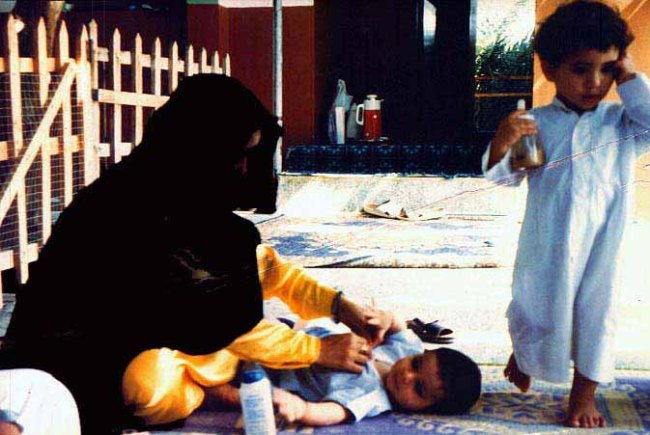
I helped a partially-blind student in the UAE and he invited me to visit his family. I’m the one in blue, with a traditional Eastern UAE mask that covers the nose and mouth. In the second photo, the mother, like mothers around the world, is changing her child’s diaper. Years later, in Oman and the UAE, many children wore Western clothes, and traditional garb for school, work and the mosque.

Old telephone card from the UAE before cell phones. Skype is illegal in the UAE and Oman – takes money from telephone companies – big business with millions of foreign workers.(Such cards had a variety of attractive photos.)
Cardamom in coffee never appealed to me but in a pasta dish, I felt I was eating at a thousand-per-dollar-plate restaurant. A Saudi princess, tutored by my roommate, served dinner at her palatial home. She escorted us into a lavish dining room. The long table was aglitter beneath sparkling chandeliers with matching dishes, silverware, glasses, and an excessive bounty of food. Here the princess introduced Saudi champagne: Seven-Up mixed with any fruit drink.
Chicken shawarma felt healthier than a MacDonald’s burger.
In the early 1980s, chocolate was rare because it requires refrigeration. That changed after the French Carrefore grocery-department stores opened throughout Arabia. However, even at Oman’s Nizwa weekend market, the sale of live goats, sheep and other animals continues.
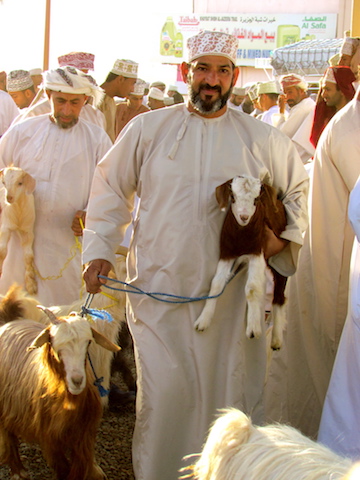
Goats and cows were killed for religious holidays, Eids, in most Gulf countries. This is Liana Wexler’s photo from the famous live animal souk (market) in Nizwa, Oman. In Oman, the government encouraged families to keep sheep, goats and camels with financial incentives.
Fifth, socializing. The language barrier and desire to limit Western influence, especially in Saudi, prevented Arabic-Western friendships for many expats. Limited English-speaking expat communities mimicked gossipy small towns, including backstabbing. Men and women alike enjoyed their Omani and UAE-issued alcohol licenses as well as evenings spent in hotel pubs. Sometimes cultural stress expressed itself in alcoholism, for locals and foreigners alike.
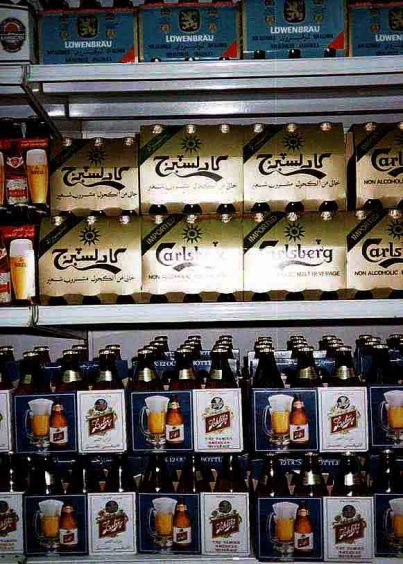
Non-alcoholic beer for sale in Saudi Arabian grocery store. Saudi did not provide liquor licenses for foreigners.
In Chicago, I once told a best friend I had ‘ten best friends’. I was gregarious and fearless interacting with people, having hitchhiked nearly 10,000 miles in the USA. Suddenly, British aloofness became a reality. Many Indian and most Filipino colleagues projected their resentment towards Americans in mind-boggling ways. Sadly, I now trust no one, and have lost my desire to be open and friendly.
Sixth, religion. As a fallen-away Catholic, if I prayed five times a day like the Saudis, I would be a saint. Having broken many rules before arriving in Riyadh, I decided to behave. Wrong place. No one – local or foreign – follows the rules in Saudi Arabia! Islam allowed men four wives, but even in a remote small town in Oman’s interior, ‘women of the night’ were available. Marriage involves money, legal matters, equal treatment, and commitment. An ‘extra’ woman is highly desirable, by locals and expats alike.
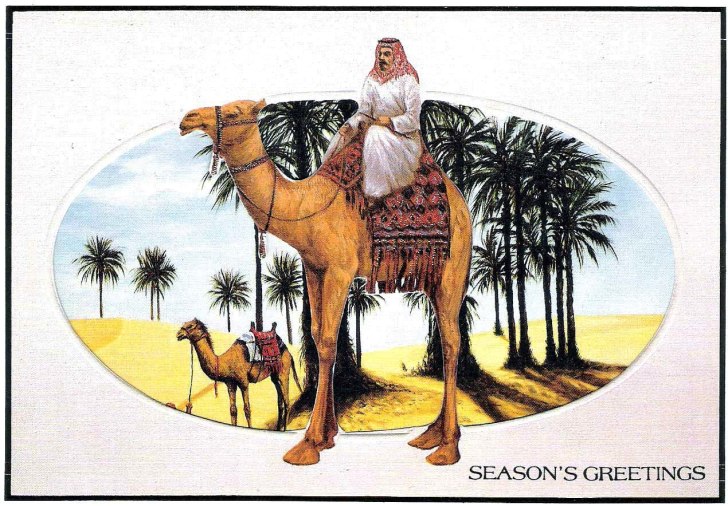
Christmas cards were available in the UAE, printed in the UAE. They could be used by Christians for Christmas, or by Muslims for their Eid holidays. Inside “Season’s Greetings” was printed in both English and Arabic.
Like many religions, contradictions abound between theory and practice. Strictly speaking, Islam recognizes both Moses and Jesus as prophets. Islam also respects ‘people of the Book’ – those who share the same Old Testament: Muslims, Jews and Christians. Reality contradicts this belief. Saudi Arabia was my first exposure to an Islamic society. After two years, I discovered it was richer with hypocrisy than oil, despite the men dressing in pure white thobes or dishdashahs. In contrast, news reports state that not one Omani Muslim joined ISIS.


Omani students wearing dishdashas. Notice the UAE/Saudi like ghurtra, the red and white checked headgear, on some men. The other students are wearing typical Omani kumas. The woman is wearing an abayah, but Oman forbids women from wearing face covering veils in the colleges. Omani women traditionally wore colorful veils to their knees but adapted the richer Saudi Arabian fashion. Because Oman has less oil money, colleges were coed, but boys sat either in the front, women in the back; or boys on one side of the room, girls on the other.
 Newspaper bank advertisement, showing Omanis.
Newspaper bank advertisement, showing Omanis.
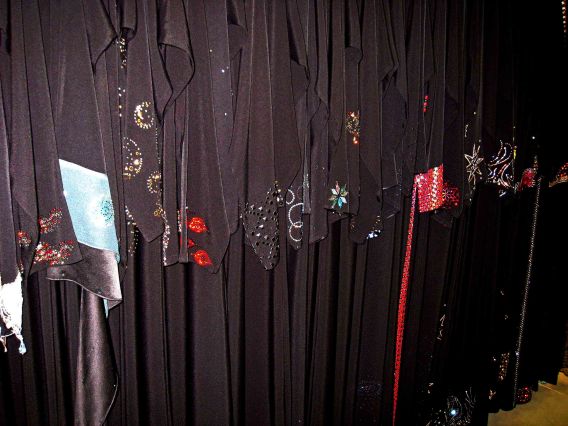
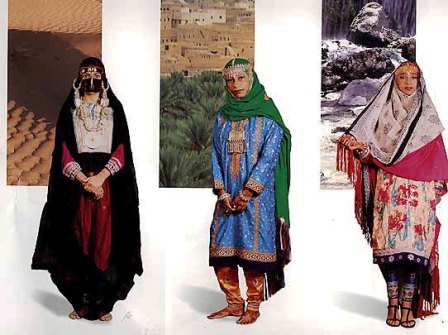
Notice the many designs on the above abeyahs. Saudi Arabia outlawed such decorations,
but not the UAE or Oman. Traditional Omani women’s clothing did not always include a black abeyah worn from head to toe.
I also lived in Asia for ten years with their religions. Every religion has disappointed me. I’ve concluded that religions are simply cultural adaptions, invented by men to preserve a community’s harmony. However, they all evolve into men grabbing power, then inventing rules ‘in God’s name’ to control and exploit their followers. Heaven and hell are, in my opinion, fairy tales for the gullible. Who doesn’t want dictators, paedophiles, and other horrifying evil-doers to ‘rot in hell for eternity’?
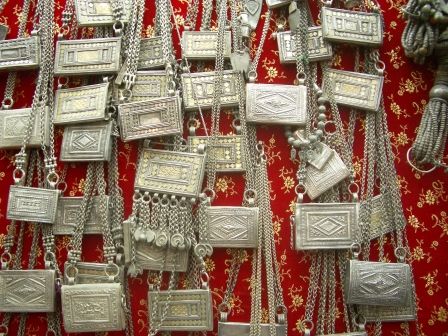
Traditional Arabic silver necklaces – women around the world like jewellery. Gold was the preferred jewellery,. After 2010 or so, diamonds became popular in Arabia.
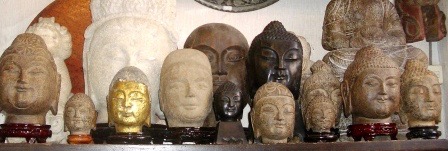
Buddha heads on sale in Seoul, South Korea. I bought two from a store in Muscat, Oman. Nearly ten years in Asia (South Korea, Taiwan, Indonesia) also exposed me to Buddhism and Confucian beliefs.)
Despite this, religion has often civilized people. Growing up Catholic gave me a sense of God (meaning, purpose), helped me through youth (saved me from temptation), hampered me in adulthood, (telling the truth often invites martyrdom) but believing in an afterlife as “God’s reward or punishment” is a foolish way to avoid changing reality. Only the small Alice in Wonderland door to mysticism, that my Irish-Catholic grandmother lead me to, has stayed with me.
I’m grateful for the years experiencing Islam and Arabic culture first-hand. Arabs are open and friendly, rightly renowned for their hospitality. My wardrobe only houses loose clothing. I am not a ‘bag lady’ as I feared I would be in old age. The free operations enhanced my quality of life. My food repertoire has greatly expanded. Unfortunately, I fear people and think all religions prevent rational thinking and action. In conclusion, living in Arabia changed my life for both the better and worse; the better outweighing the worst.
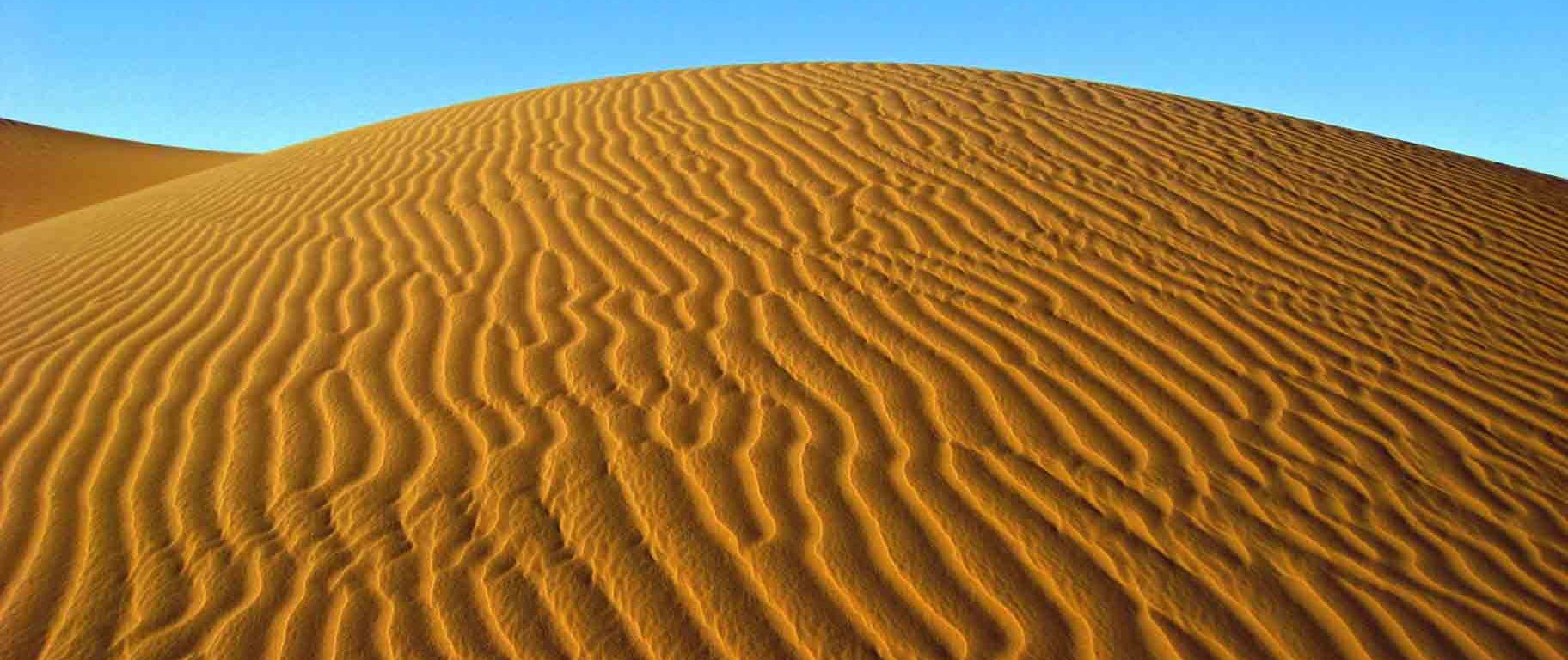
Excellent view into your life in Arabia! Thanks for sharing this. The photos effectively add even greater dimension to your writing.
The only thing I would add is that the co-educational colleges in Oman exist because Sultan Qaboos wanted to bring the educational culture forward into the 21st century. He has done more than any other leader in the GCC (and many other parts of the world) to promote gender equality. He is my hero.
Oh, one more thing……the Omani silver necklaces in your photo are actually containers for miniature versions of the Holy Quran. Traditional women (with money) would wear these not only for decoration, but also for the spiritual effect of having the Holy Quran close to their hearts.
Thanks again for sharing your memories and your photos with us.
xoxoxoxoxoxxoxo
LikeLiked by 1 person
Thanks for sharing your interesting life with me. The photos are awesome! Hope you are well. Keep in touch Love, Don
LikeLiked by 1 person
Thank you for your insight. I also have traveled and taught in the UAE, South Korea, and visited Oman. I enjoyed the spirit of the Omani’s and found the culture much easier to trust than the Emiratis. Living with a MA in TESOL and teacher certification is always a challenge in the states with a scramble for full time positions (adjuncting seems the norm) and the public school district. I have had to broaden my experience and add endorsements to my certificate. It is a challenge. Often, I miss overseas.
LikeLiked by 1 person
You always being very nice with you choices, I really like them very much. we hope to see more photos.
Best Regards
LikeLiked by 2 people